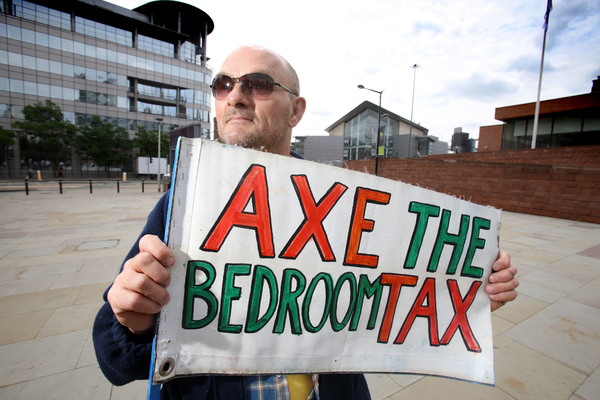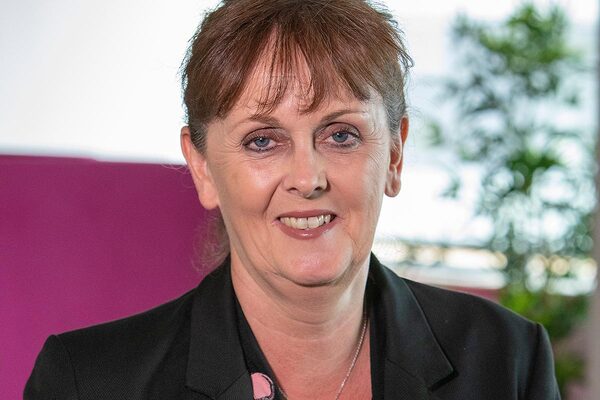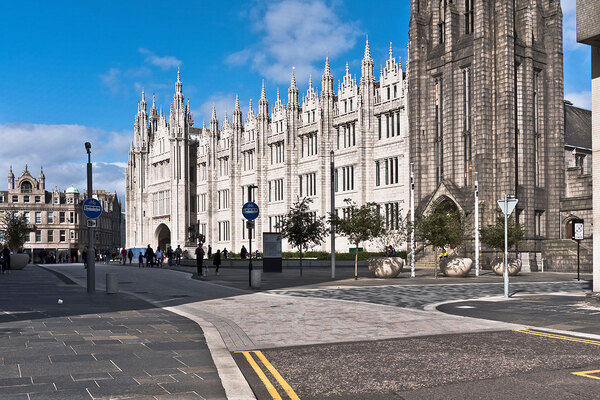You are viewing 1 of your 1 free articles
UK government accused of delaying Scottish Government pledge to scrap bedroom tax
A Scottish Government pledge to scrap the bedroom tax will be postponed because of Universal Credit delays, a Scottish minister has claimed.
The ability to vary the housing part of Universal Credit was recently devolved to the Scottish Parliament from the UK government, with the Scottish Government pledging to use this new power to effectively abolish the bedroom tax.
However, Angela Constance, cabinet secretary for communities, social security and equalities in Scotland, said in a letter to secretary of state Esther McVey that she is “increasingly concerned that [the Department for Work and Pensions (DWP)] is not consistent in displaying either the willingness nor urgency to deliver.”
There are 70,000 households in Scotland that are impacted by the bedroom tax, 80% of which have a disabled person, a Scottish Government spokesperson said.
The Scottish Federation of Housing Associations (SFHA) said the DWP will delay its development of Universal Credit – which would have allowed the Scottish Government to abolish the bedroom tax.
A delay means the bedroom tax will have to continue to be covered by councils through discretionary housing payments until May 2020 at the earliest, the SFHA said.
In her letter Ms Constance added: “Last year we came to an agreement with DWP that would enable us to end the bedroom tax through Universal Credit, meaning that no one would be penalised as a result of the positive moves we are taking Scotland. It is now extremely disappointing that the DWP has put the brakes on this decision, delaying the necessary changes to the Universal Credit system until May 2020 at the earliest.”
“This is yet another example of the UK government going back on agreements in place to the detriment of those already finding it hard to get by”.
Jeremy Hewer, policy advisor for the SFHA, said: “If the development of the system to allow the bedroom tax to be abolished will not be in place until May 2020, it will mean that its introduction will be in the midst of the managed migration of claimants on legacy benefits to Universal Credit, so the volume of cases, already increasing sharply with the rollout of Universal Credit full service, will swamp the system. At present, only around 10% of housing association tenants receiving support with their housing costs are on Universal Credit – and landlords and local authorities have their hands full as it is.
“The SFHA would urge that the rollout is paused in order to give a chance for the systems to be brought up to the standard they will need to be.”
The bedroom tax – officially known as the ‘Removal of the Spare Room Subsidy’ – docks housing benefit from tenants deemed to have a spare bedroom.
It has been widely criticised for disadvantaging disabled people who need extra living space due to their needs.
Universal Credit, which is being steadily rolled out across the UK, wraps several benefits including housing benefit into one monthly payment made directly to the tenant.
A DWP spokesperson said: “The changes we are introducing to facilitate transition on to Universal Credit and address concerns around the first payment period have been agreed in UK Parliament. These measures will make a positive difference for Universal Credit claimants across Scotland and the rest of the UK, and therefore must be our priority. We continue to work constructively with the Scottish Government on this and have been very clear throughout that the potential date of 2019 was subject to detailed feasibility.
“We remain committed to working with the Scottish Government to ensure a smooth transition of the remaining devolved responsibilities. This is evidenced through the considerable support that we have given, including the introduction of flexibilities in Universal Credit payments and support for the implementation of Fair Start Scotland.”











